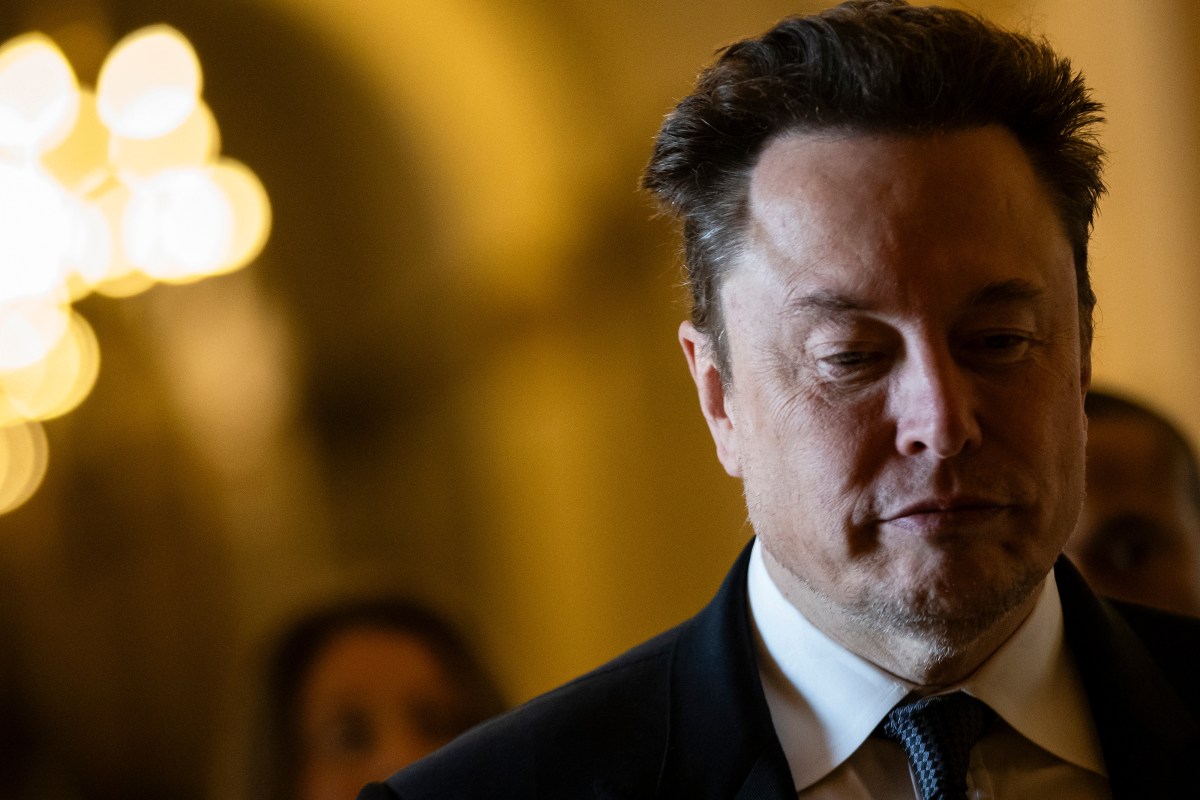The hiring effort comes after X, formerly known as Twitter, laid off 80% of its trust and safety staff since Musk’s takeover.
© 2024 TechCrunch. All rights reserved. For personal use only.
Nearly two years after the layoffs across X’s trust, safety and security teams, Elon Musk’s social media company is now trying to hire new employees to help moderate content and secure its platform, according to X’s official job listings.
In the last month, X posted two dozen job openings evenly split across its safety and cybersecurity teams.
The jobs on X’s safety team range from director of strategic response on X’s safety team to government affairs managers. On its cybersecurity teams, X is hiring several security engineers and a threat intelligence specialist.
These are small numbers compared to the number of staff Musk laid off following his $44 billion acquisition of the company, formerly known as Twitter, in late 2022. In April 2023, Musk told the BBC that Twitter, as it was known then, reduced its headcount by 6,000 workers in six months, leaving the company’s workforce at around 1,500 employees when layoffs were completed.
Those cuts had included significant reductions for the company’s trust and safety team. In January this year, following an inquiry from Australia’s online safety commissioner, X said that it had laid off 80% of its trust and safety staff since Musk’s takeover. X also said in its responses that before Musk’s acquisition, the company had 279 engineers on its trust and safety teams around the world, which were cut down to 55 by the end of May 2023.
Overall, X said it reduced its 4,062-strong trust and safety team by almost a third to 2,849 employees; its full-time content moderation team from 107 to 51 employees; and its contracted moderators from 2,613 to 2,305 employees, according to the Australian eSafety Commissioner’s report at the time.
A screenshot of the Australian eSafety Commissioner’s report on X, which included statistics on X’s job cuts from its trust and safety and content moderation teams. Image Credits: TechCrunch / screenshot
The recent job listings appear to confirm that X is trying to further beef up its safety team following the company’s announcement in January that it would create a new Trust and Safety center in Austin, Texas, which will include 100 full-time content moderators.
Nine of the two-dozen jobs posted in the last month mention Austin among the possible locations, though the postings also include other cities, like New York City and Palo Alto, California, plus international offices like Manila in the Philippines and Delhi in India.
When TechCrunch asked X’s press team a series of questions about these new hires, including the size of the company’s safety and cybersecurity teams, the company responded with an automated message: “Busy now, please check back later.”
Departure’s in X’s trust and safety and cybersecurity teams have not been limited to its staff, but also included senior leadership. Since Musk took over, both the company’s chief cybersecurity officer Lea Kissner and the company’s trust and safety lead Ella Irwin have left.
The reduction in staff on the trust and safety and cybersecurity teams appear to have hurt X’s ability to secure itself and its users, as well as deal with complex content moderation issues all over the world.
On Friday, the Supreme Court in Brazil essentially banned X across the country after Musk refused to remove accounts spreading misinformation. Since taking over as Twitter’s owner, Musk himself has been accused of spreading hateful content and misinformation. On Tuesday, Musk promoted a podcast episode featuring a guest accused of engaging in Holocaust denialism. Also this week, Musk posted on X several images from an AI generator showing someone that looks vaguely like Vice President Kamala Harris wearing a beret with the Communist hammer-and-sickle.
On the cybersecurity side, Musk hosted an X Spaces event with former President Donald Trump, which crashed and was delayed. Musk blamed the crash — without providing evidence — on “a massive [distributed denial-of-service] attack on X.”

Leave a Reply